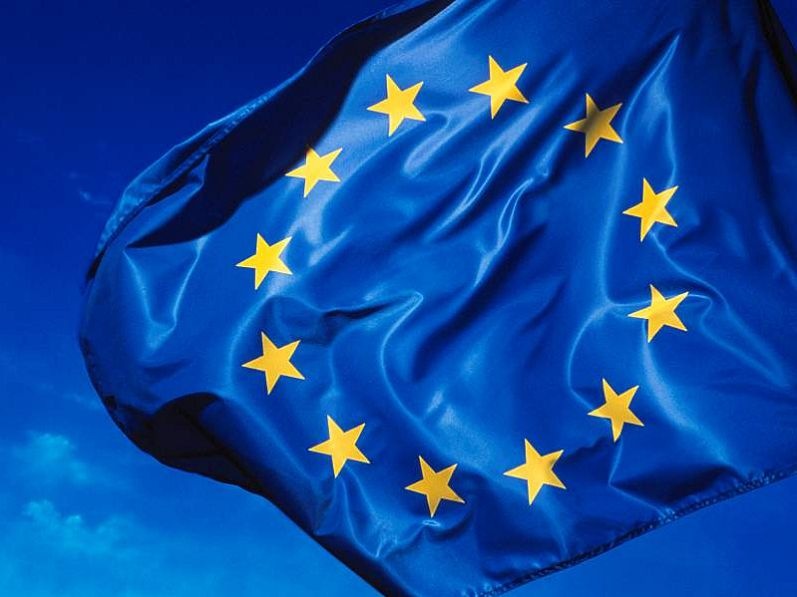Europe celebrates its day in a moment of decrease of the european feeling and perception

Since 1985, every 9th of May, there’s a special celebration, Europe’s Day. On this day, Europe commemorates Robert Schuman’s declaration of 1950. Schuman, French Minister of Foreign Affairs, that was the one to propose the creation of an European Coal and Steel Community, wanted to offer its members the possibility to put in common the production of steel and coal.
The ECSC treaty was the origin of the European Union, because the union of the initial countries that signed the treaty, France, West Germany, Italy, Netherlands, Belgium and Luxemburg, was one of the first supranational institutions that would later become what today is the European Union.
The ideology and main purpose behind that union of countries, was that they believed that the fusion of the economic interests would contribute to increase their standard of living and would constitute the first step towards a more united Europe. Ideology that would stand through time, creating the bases of what today is the European Union, and attracting more countries to be a part of it.
Throughout the month of May, there are many types of activities on offer as part of the Europe Day celebrations. The European institutions located in Brussels and Strasbourg are opening their doors to the public, and other offices of the European Union located in Europe and the world are also organizing several different events.
Throughout all those booming years of the European Union, specially in the eighty’s and ninety’s, where all of the countries that were part of this Union started growing, improving and were in general, very supportive of the ideals and the high performance and efficiency, everyone was happy and proud.
But, things change. A lot of aspects and situations influenced the perception of the EU by their own members, and through the years, this perception has kept decreasing due to very different causes. One of them, and probably the most important one till the moment, has to be the economic crisis that started in 2008. Even though there already existed some political parties against and very critical of the EU, the support they receive has only kept growing since this crisis.
The crisis has affected in a deep way the image that some of the European Union countries had. The unemployment rates and the social gap in the countries that suffered the most have caused a huge disenchantment, and those countries that have suffered less feel that being a member has been and encumbrance to their economy.
Moreover, the opening of the borders, societies and national economies has brought some uncertainty and instability and a sense of less control capacity. For example, there are some countries, such as Poland and Hungary that have developed the feeling that being a part of the European Union is making them loose their identity and power, even though their economy hasn’t been that affected by the crisis. And it’s just not that, the situation with Turkey, and the possibility of the country being a part of the EU, has a lot of countries in the verge of panic. If Turkey was to form part of the EU, because of the huge amount of citizens that the country has, it would have a lot of power.
Ayla Garrigó
Beatriz Martínez
Asli Yarimoglu


